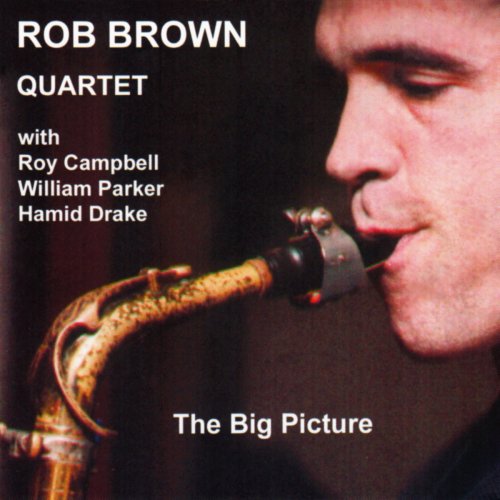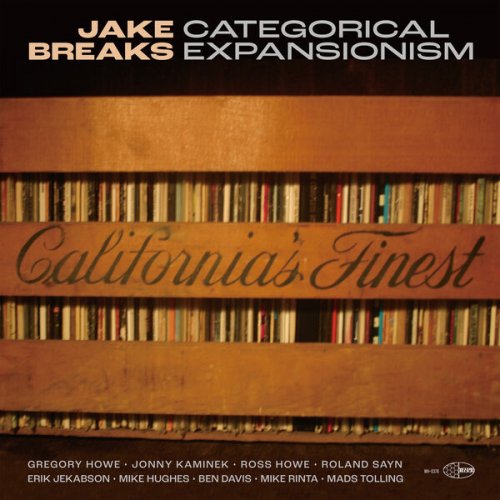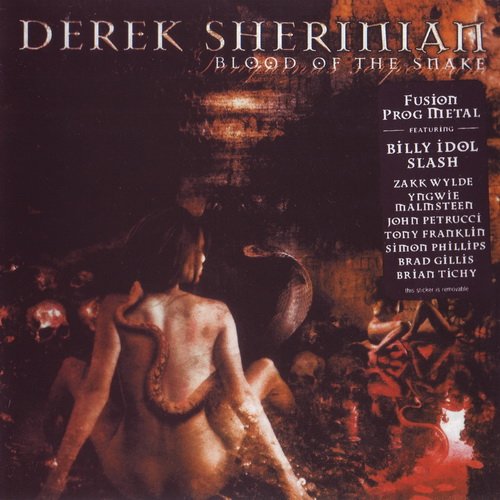Massimo Piva, Inessa Filistovich - Music for Viola & Piano by Reinecke, Schumann, Vieuxtemps, Wieniawski, Sibelius and Bridge (2024) [Hi-Res]

Artist: Massimo Piva, Inessa Filistovich
Title: Music for Viola & Piano by Reinecke, Schumann, Vieuxtemps, Wieniawski, Sibelius and Bridge
Year Of Release: 2024
Label: Brilliant Classics
Genre: Classical
Quality: flac lossless (tracks) / flac 24bits - 96.0kHz +Booklet
Total Time: 01:02:39
Total Size: 292 mb / 1.17 gb
WebSite: Album Preview
TracklistTitle: Music for Viola & Piano by Reinecke, Schumann, Vieuxtemps, Wieniawski, Sibelius and Bridge
Year Of Release: 2024
Label: Brilliant Classics
Genre: Classical
Quality: flac lossless (tracks) / flac 24bits - 96.0kHz +Booklet
Total Time: 01:02:39
Total Size: 292 mb / 1.17 gb
WebSite: Album Preview
01. 3 Phantasiestücke, Op. 43: I. Romanze
02. 3 Phantasiestücke, Op. 43: II. Allegro molto agitato
03. 3 Phantasiestücke, Op. 43: III. Jahrmarkt-Scene. Eine Humoreske. Molto vivace
04. Märchenbilder, Op. 113: I. Nicht schnell
05. Märchenbilder, Op. 113: II. Lebhaft
06. Märchenbilder, Op. 113: III. Rasch
07. Märchenbilder, Op. 113: IV. Langsam, mit melancholischem Ausdruck
08. Élegie in F Minor, Op. 30
09. Rêverie in F-Sharp Minor
10. Rondo in D Minor, JS162
11. 2 Pieces for Viola and Piano: I. I. Pensiero, H.53a
12. 2 Pieces for Viola and Piano: II. Allegro appassionato, H.82
On this unique and originally programmed journey, the violist Massimo Piva takes the kind of fantasy journey (Fantasiereise) that forms one of the cornerstones of German Romanticism. It is in the context of highly wrought, fantastic tales that Schumann’s style is formed from a literary point of view: Hoffmann's short stories and Jean Paul's novels, inhabited by bizarre characters and surreal situations, are his polar stars. On the musical side, he had an 18th-century heritage of fantasies by composers such as Mozart or C.P.E. Bach to draw upon, in which the notion of the fantasy is still linked to the Baroque idea of improvisation.
This is the background to the Märchenbilder Op.113, which Schumann worked on feverishly in March 1851. As a masterpiece in his late style, the collection shivers with obsession and fevered dreams. Placing them side by side illuminates the degree to which Reinecke was inspired by Schumann’s example in his own Fantasiestücke Op.43. But this recital moves on into less familiar territory, where the viola’s personality as a melancholy guide takes us to repertoire by Vieuxtemps (an F minor Elegy), Wieniawski (Rêverie in F sharp minor) and Sibelius (Rondo in D minor) by composers much better known for their prowess as violinists, and as violinst-composers.
The recital reaches a natural chronological end with the pre-eminent poet of the viola in the early decades of the 20th century, Frank Bridge. No violist he, but inspired by the artistry of Lionel Tertis, Bridge came to write a good deal for the instrument such as the Two Pieces featured here, and found its mellow, soulful voice a natural fit for his own as a composer.
As a former member of the Lucerne Festival Orchestra and Orchestra Mozart, Massimo Piva worked extensively with the conductor Claudio Abbado. As a member of the Quartetto Prometeo he has performed both modern and classic repertoire across Europe, working with composers including Sciarrino and Fedele, and recorded the complete works for string quartet by Hugo Wolf on Brilliant Classics (94166).

![Frank Sinatra, Count Basie - It Might As Well Be Swing (1964) [2021 SACD] Frank Sinatra, Count Basie - It Might As Well Be Swing (1964) [2021 SACD]](https://www.dibpic.com/uploads/posts/2025-12/1766090910_scan-1.jpeg)


![Nipper Swing Band - Swing Christmas (The Definitive Holiday Hits) (2025) [Hi-Res] Nipper Swing Band - Swing Christmas (The Definitive Holiday Hits) (2025) [Hi-Res]](https://www.dibpic.com/uploads/posts/2025-12/1766293487_orppuisls66jc_600.jpg)



![Bryan Ferry - Bitter-Sweet (2018) [Hi-Res] Bryan Ferry - Bitter-Sweet (2018) [Hi-Res]](https://www.dibpic.com/uploads/posts/2018-11/1543491501_folder.jpg)